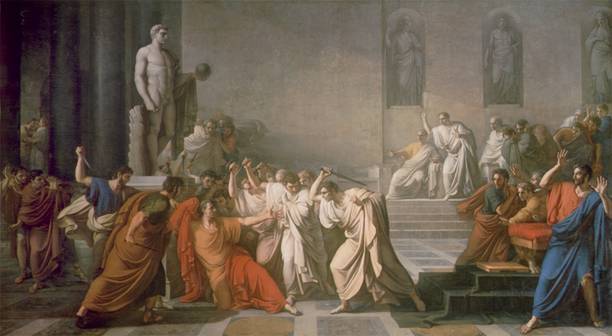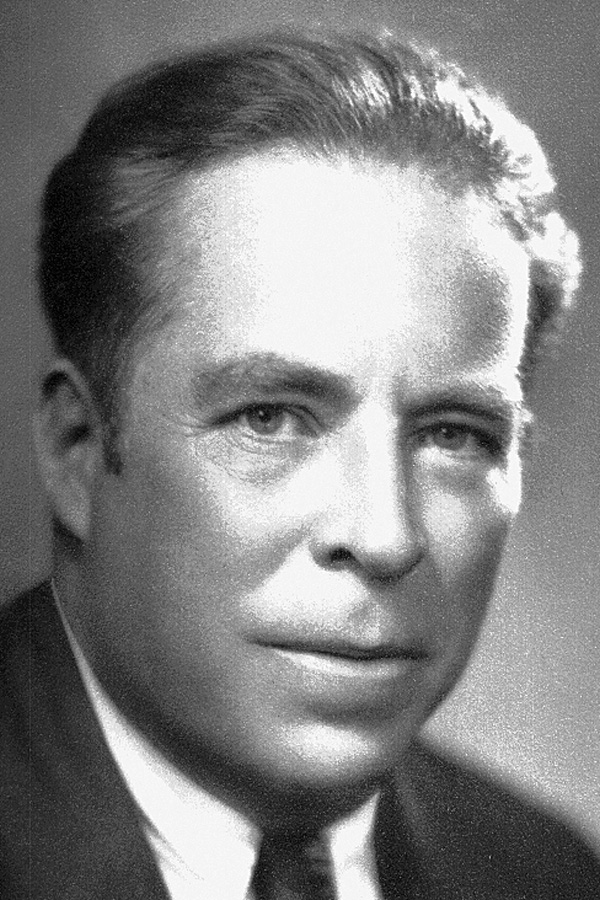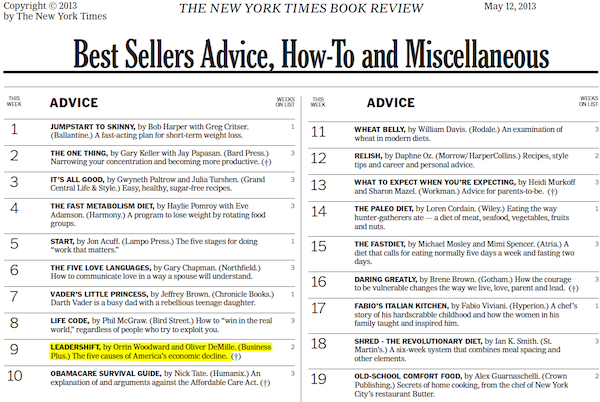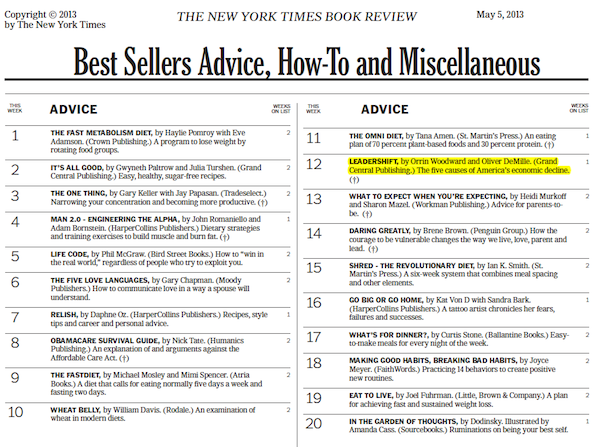In my ongoing reading of the classics and the leaders of Greece and Rome, I stumbled across a gem of a book by James Froude on Caesar. I had read much on Caesar, but the interpretations of Froude’s works left me with a much better appreciation of the challenges Caesar faced and what he attempted to do to reform the faltering Roman Republic. Caesar, like everyone else, certainly wasn’t perfect, but his mission was solid and his results were amazing given the constraints he was placed under. Caesar in his day, and in his way, attempted to expand the benefits of the Roman Empire to all provinces and end the Five Laws of Decline working upon the Roman Senate. Successful in politics, war, and leadership, he was assassinated by the threatened Senate. However, his reforms were still implemented, albeit belatedly, delayed by another round of civil wars before Augustus assumed leadership.
Interestingly, Caesar attempted to restore civil peace and was killed and, at nearly the same time, Jesus was restoring spiritual peace and was killed. Evidently, reformers, who threaten the status quo beneficiaries of the Five Laws of Decline, are rarely welcomed by the threatened groups. 🙂 Even so, right is right, justice is justice, and peace is peace. As Teddy Roosevelt said, “There is no peace without justice.” Accordingly, each citizen ought to strive to check the FLD in his life and community, promoting peace with justice for posterity’s sake. The LeaderShift will demand nothing less than our personal best in this area.
Here is a portion of James Froude’s summary.
Sincerely,
“We have killed the king,” exclaimed Cicero in the bitterness of his disenchantment, ” but the kingdom is with us still;” “we have taken away the tyrant; the tyranny survives.” Caesar had not overthrown the oligarchy; their own incapacity, their own selfishness, their own baseness, had overthrown them. Caesar had been but the reluctant instrument of the power which metes out to men the inevitable penalties of their own misdeeds. They had dreamt that the constitution was a living force which would revive of itself as soon as its enemy was gone. They did not know that it was dead already, and that they had themselves destroyed it.
The constitution was but an agreement by which the Roman people had consented to abide for their common good. It had ceased to be for the common good. The experience of fifty miserable years had proved that it meant the supremacy of the rich, maintained by the bought votes of demoralized electors. The soil of Italy, the industry and happiness of tens of millions of mankind, from the Rhine to the Euphrates, had been the spoil of five hundred families and their relatives and dependents, of men whose occupation was luxury, and whose appetites were for monstrous pleasures.
The self-respect of reasonable men could no longer tolerate such a rule in Italy or out of it. In killing Caesar the Optimates had been as foolish as they were treacherous; for Caesar’s efforts had been to reform the constitution, not to abolish it. The Civil War had risen from their dread of his second consulship, which they had feared would make an end of their corruptions; and that the constitution should be purged of the poison in its veins was the sole condition on which its continuance was possible. The obstinacy, the ferocity, the treachery of the aristocracy, had compelled Caesar to crush them; and the more desperate their struggles the more absolute the necessity became. But he alone could have restored as much of popular liberty as was consistent with the responsibilities of such a government as the Empire required.
In Caesar alone were combined the intellect and the power necessary for such a work; and they had killed him, and in doing so had passed final sentence on themselves. Not as realities any more, but as harmless phantoms, the forms of the old Republic were henceforth to persist. In the army only remained the imperial consciousness of the honour and duty of Roman citizens. To the army, therefore, the rule was transferred. The Roman nation had grown as the oak grows, self-developed in severe morality, each citizen a law to himself, and therefore capable of political freedom in an unexampled degree. All organizations destined to endure spring from forces inherent in themselves, and must grow freely, or they will not grow at all. When the tree reaches maturity, decay sets in; if it be left standing, the disintegration of the fibre goes swiftly forward; if the stem is severed from the root, the destroying power is arrested, and the timber will endure a thousand years. . .
In ages less visionary which are given to ease and enjoyment the tendency is to bring a great man down to the common level, and to discover or invent faults which shall show that he is or was but a little man after all. Our vanity is soothed by evidence that those who have eclipsed us in the race of life are no better than ourselves, or in some respects are worse than ourselves; and if to these general impulses be added political or personal animosity, accusations of depravity are circulated as surely about such men, and are credited as readily, as under other influences are the marvellous achievements of a Cid or a St. Francis.
But enough and too much on this miserable subject. Men will continue to form their opinions about it, not upon the evidence, but according to their preconceived notions of what is probable or improbable. Ages of progress and equality are as credulous of evil as ages of faith are credulous of good, and reason will not modify convictions which do not originate in reason. . .
He fought his battles to establish some tolerable degree of justice in the government of this world; and he succeeded, though he was murdered for doing it. Strange and startling resemblance between the fate of the founder of the kingdom of this world and of the Founder of the kingdom not of this world, for which the first was a preparation. Each was denounced for making himself a king. Each was maligned as the friend of publicans and sinners; each was betrayed by those whom he had loved and cared for; each was put to death; and Caesar also was believed to have risen again and ascended into heaven and become a divine being.












